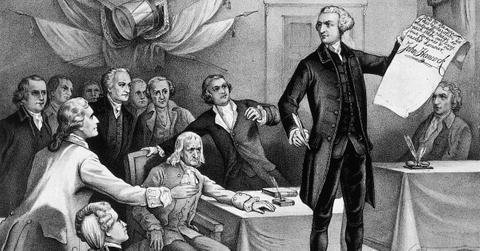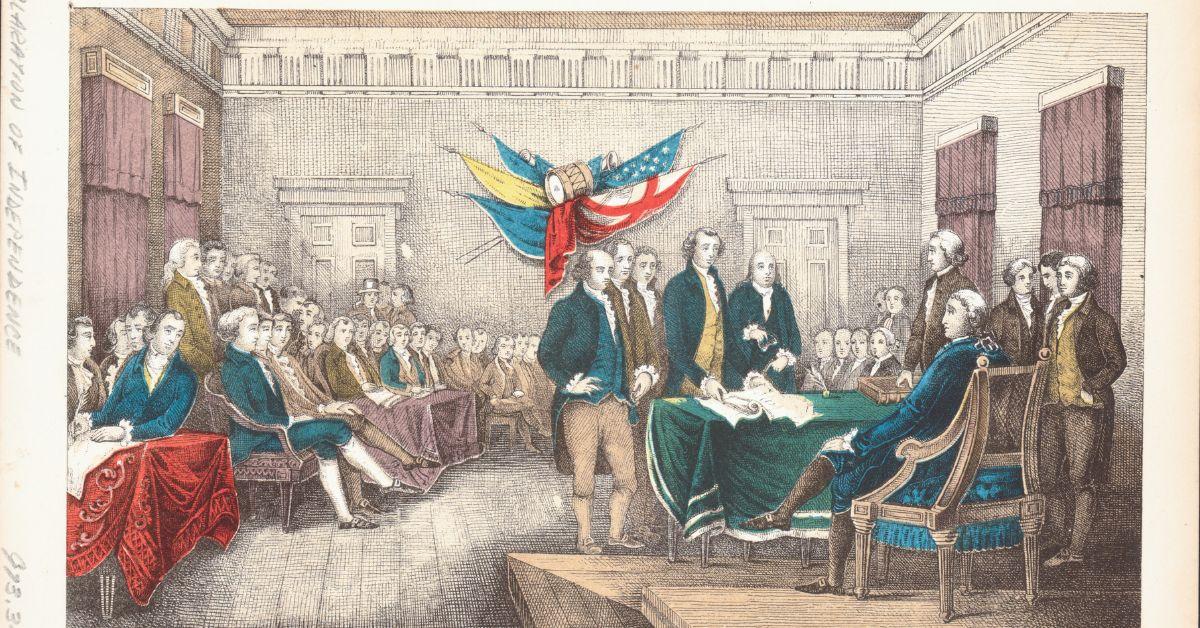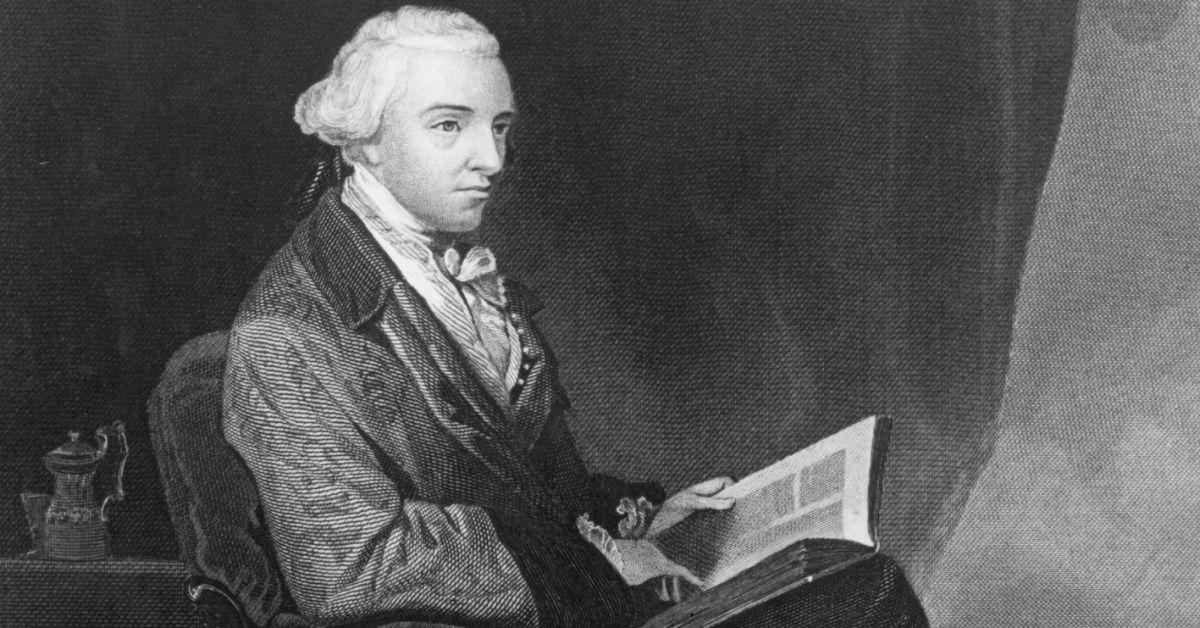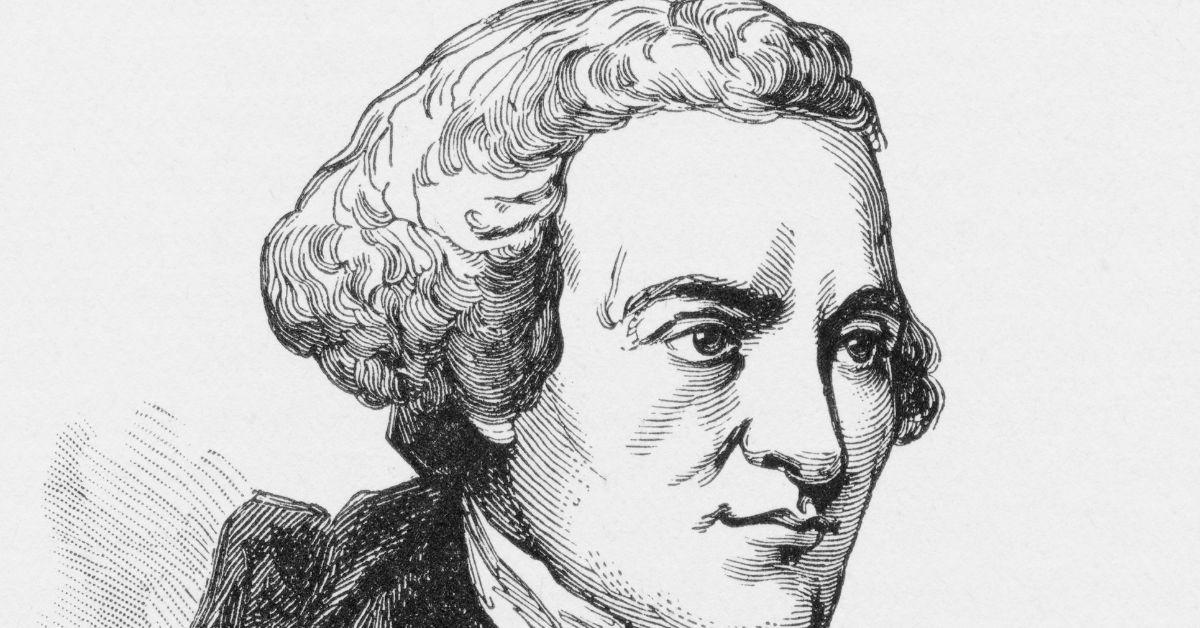Why Did John Hancock Sign His Name So Big on the Declaration of Independence?
"Put your John Hancock right there," might seem like a jarring phrase, but it makes sense given the politician's history.
Published March 11 2024, 8:24 a.m. ET

Early American history is full of quirks and interesting tales. Many answers about the old days have gotten lost over time, but documents like the Declaration of Independence help give us better context. However, one signature in particular has caused some confusion.
John Hancock signed his name abnormally large compared to his peers to the point where it's almost comical. That's where we get the phrase "John Hancock" when referring to someone's signature.
Why did John Hancock sign his name so big?

All these years later, there are only whispers and theories as to why Hancock decided to take up so much space on the parchment. Since he was the president of the Second Continental Congress, it made some sense that he would have a more prominent position on the page.
Some historians suggest, though, that he actually said, “There, John Bull can read my name without spectacles, he may double his reward, and I put his at defiance.”
The urban legend has a few issues and not everyone is sold. For starters, there was never a bounty out on John Hancock. In looking at other historical documents of the time, there's just not any proof of that.
Of course, Hancock could have been speaking in some sort of hyperbole or making a metaphor of sorts. Even with that in mind, the physical and signed copy wasn't what would be handed over to England. The real delivered Declaration of Independence was printed with his name largely at the bottom, anyway.
The signed copy is more symbolic than anything else, meaning that he was really only looking to attract the gaze of the future of Americans or his peers of the time.

Who was John Hancock?
Everyone knows Hancock's name, but not everyone knows his story. He contributed a lot more to the nation than just a large signature. Hancock started politics in local positions, notably in Boston where the idea of revolution was already gaining traction.
Hancock became hated by the British government as he was accused of defying their laws such as unloading cargo from ships and avoiding taxes. His ship was seized which caused anger to wash through the city.
His position as a public figure continued to grow until he was in a position to really push for revolution. Hancock, alongside other leaders at the time, worked on the Declaration of Independence and began structuring America for the future.

After the Declaration, the war ensued. Hancock stepped down from his place in politics and joined the frontlines as he attempted to recapture Newport, R.I. He was remembered for his devotion to America.
Eventually, Hancock became the Governor of Massachusetts where he was relatively beloved by his constituents. When he stepped away for medical reasons, Shay's Rebellion occurred which brought him back to be elected back into office as the people sought a leader.
Hancock died in office but is still considered to be an American hero. After all, his name is forever boasted on the most important document in America's history.